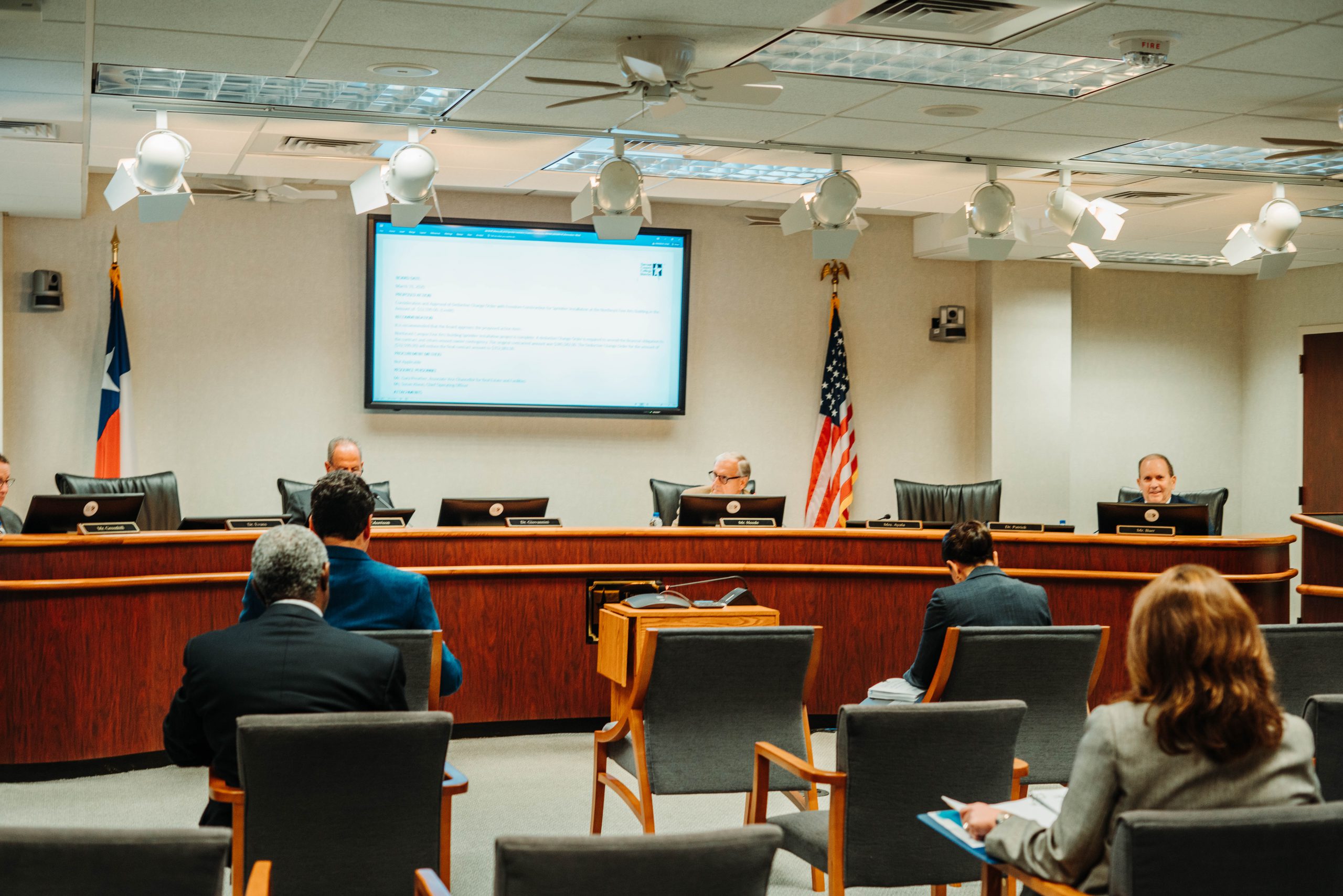
The board of trustees in its April 9 work session heard how the college has responded to the coronavirus from Chancellor Eugene Giovannini, who was given emergency powers combat the obstacles the college faces due to the COVID-19 situation.
Giovannini’s update since these powers were put in place explained that certain measures were being implemented to help students in this unusual time, such as extending the official withdrawal date for students from April 9 to April 23.
“Students can stay in courses longer to determine whether or they want to stay in the class or not without penalty,” he said.
The deadline for grades was also extended four days for more instruction and interaction as well.
He said the college will not implement a pass/fail grading system for this semester.
After speaking with TCC’s accrediting body, Giovannini said implementing pass/fail brought unintended consequences, complicating eligibility for scholarships and financial aid, preventing students on academic probation from moving to good standing and keeping students from showing their ability for graduation or promotion.
In fields of study like nursing or education, a minimum grade point average is needed to prove competency, and when transitioning to a four-year university, pass/fail credits don’t always transfer.
Gov. Greg Abbott waived some graduation requirements for health care students to speed up their integration into the workforce to help on the front lines of the pandemic.
“It allowed not only nursing students but also respiratory care students to go out and assist,” Giovannini said.
The college is working with John Peter Smith Hospital by donating the college’s three ventilators, allowing parking lots on all campuses to be available as “real estate” for mobile testing centers and the Tarrant Area Food Bank and even providing TCC’s 3D printers to print much-needed face shields for health care workers.
He said the college has been very involved with its small business development center and with the community, utilizing the federal government’s stimulus package.
“We typically worked with about 70 clients a month. We’re getting 70, 100 or more calls per day,” Giovannini said. “We’ve shifted some resources over there.”
Chief operating officer Susan Alanis requested the ratification of just over $1 million for 2,000 cellular-enabled tablets purchased for students who lack internet access.
“The devices will be received and distributed in April,” according to the resolution submitted by Giovannini. “The IT Department and the Vice Presidents of Academic Affairs are developing a process to identify and prioritize students.”
Alanis said $1.3 million is requested to fund the purchase already made by the school for 1,000 Microsoft Surface Pros to enable faculty and staff to work remotely. The college regularly refreshes older technology with newer equipment, so this purchase serves a dual purpose.
The board will vote to enact these measures and expenditures in their next meeting on April 16.

